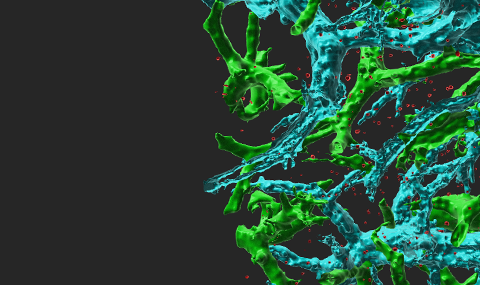Malignant breast epithelial cells express elevated levels of the leukocyte integrin ligand ICAM-1. Tumor cells are targeted by NK cells and cytotoxic T cells (CTLs). These cells generate specialized killing synapses with both cancer cells and several stromal cells in their surroundings. Various studies implicated ICAM-1 on target tumor cells and LFA-1 or related integrins on killer leukocytes as essential for the generation of killing synapses but these killing synapses have been studied mainly in vitro focusing on malignant immune cells as targets rather than on solid tumors. Thus, evidence that this ligand is involved in the killing of specific solid tumors such as breast carcinoma by NK cells and CTL is still missing. The in vivo contributions of this ligand to tumor growth, metastasis and killing by different types of killing synapses are unknown and are currently explored by us in new murine models of breast cancer. We use a bone fide highly metastatic breast cancer line E0771 that expresses ICAM-1 and test the consequence of ICAM-1 deletion in these tumor cells on tumor growth and killing. Using a variety of orthotopic implants as well as experimental metastasis readouts, our preliminary results indicate that circulating breast cancer cells reaching the lungs are prone to neutrophil-mediated killing inside the dense lung vasculature. Interestingly, primary breast tumors appear to strongly suppresses the ability of circulating cancer cells to establish metastatic lesions inside the lungs. This suppression involves a sequential killing of circulating breast cancer cells by neutrophils followed by killing mediated by tumor specific CTLs inside the lung parenchyma. Whether these different killing modalities involve breast cancer expression of ICAM-1 is the aim of our future studies.

INVESTIGATING LEUKOCYTE TRAFFICKING AND METASTASIS

